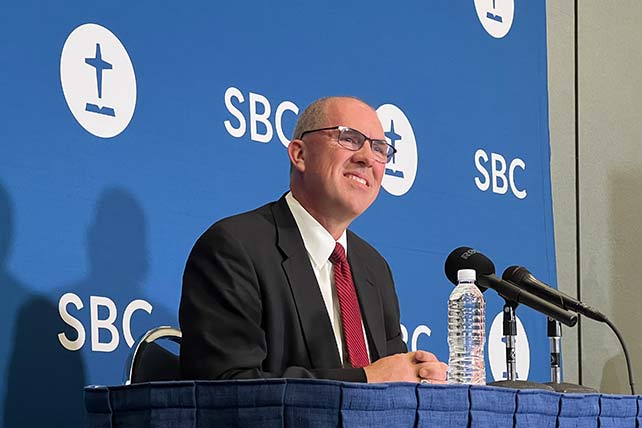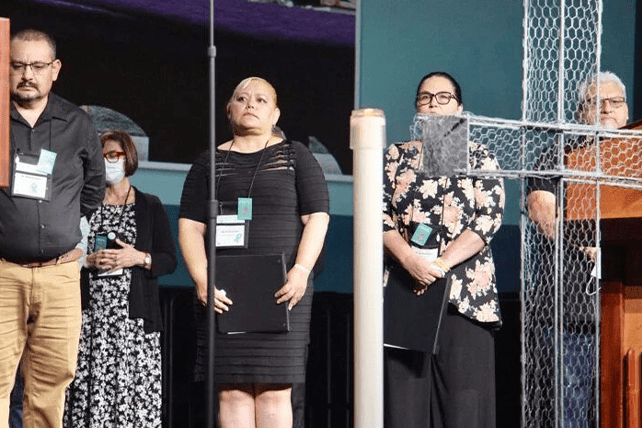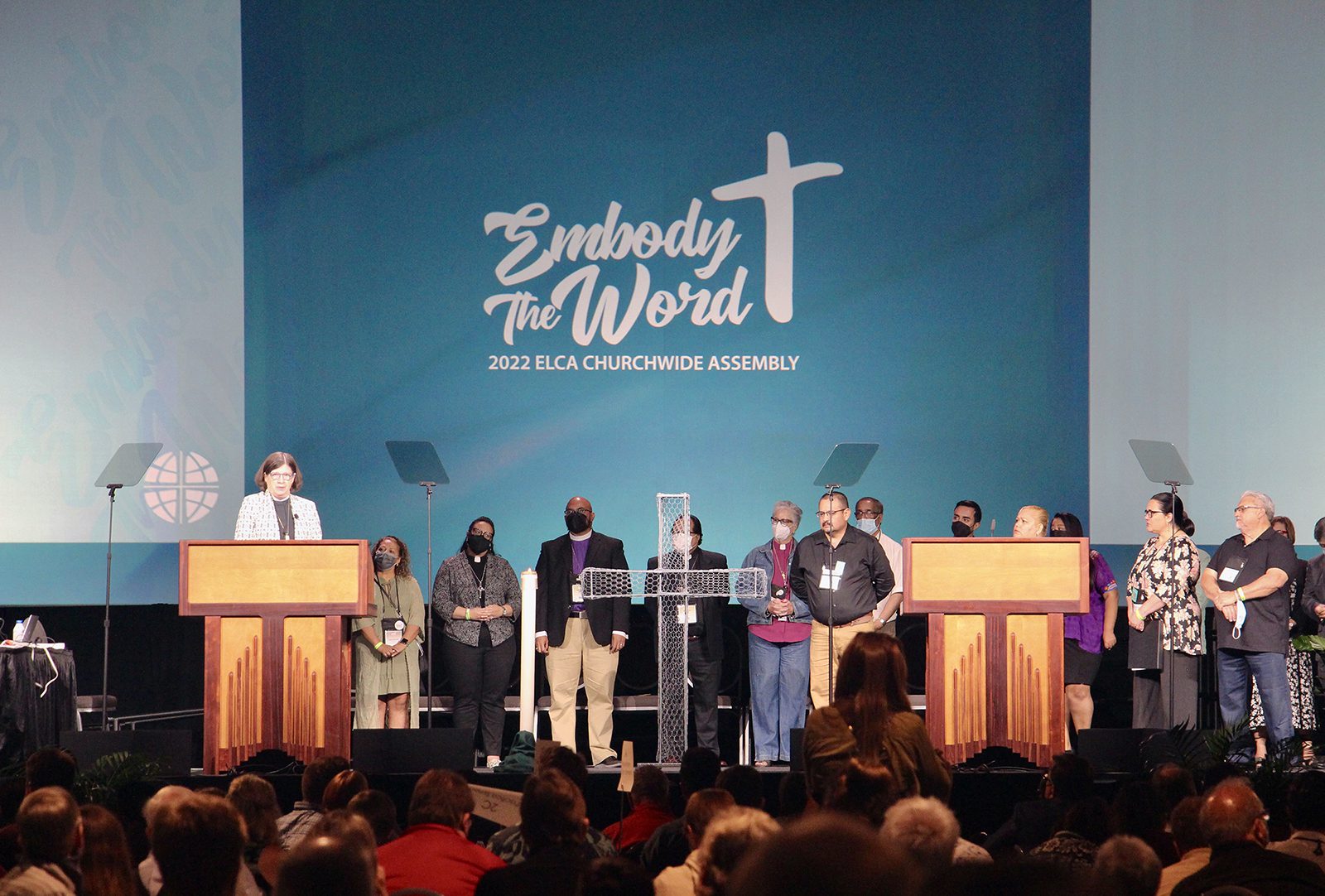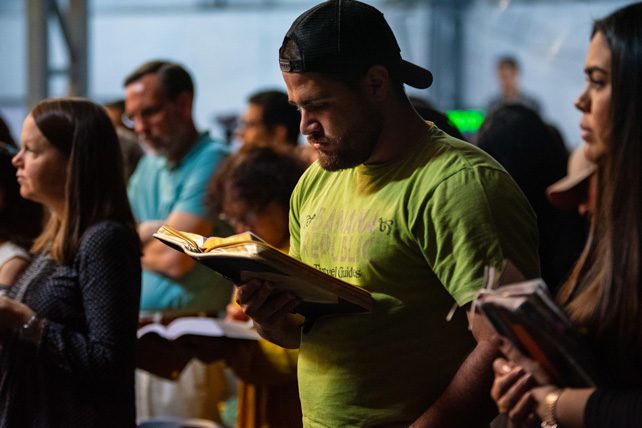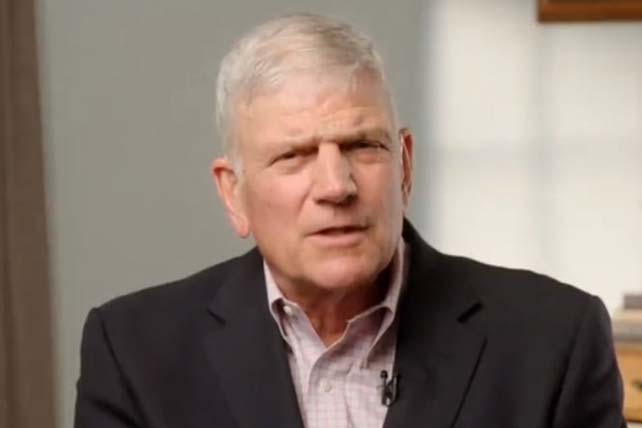So are you really reaching unchurched people at your church? How would you know…for real?
8 Signs Your Church Is Actually Reaching Unchurched People
Just because a church is growing doesn’t mean it’s filling up with unchurched people.
Hoping to reach unchurched people is one thing. Reaching the unchurched is quite another.
When unchurched people actually start connecting with your church, things change deeply.
So how can you tell you’re really making inroads with the unchurched?
When you see these eight signs pop up in your church, you will know that you are really making inroads with the unchurched.
1. YOUR DATA TELLS YOU IT’S HAPPENING
At the most obvious level, you should find out from the guests themselves whether they have a church background.
Too many church leaders never bother to ask people about their church background. As a result, too many leaders guess they’re reaching the unchurched, or think they’re reaching their community, or they hope they’re reaching their community.
But thinking, hoping or guessing isn’t the same as doing.
But the best thing you can do is specifically ask people about their background. Then you know. So start by surveying new guests and ask them about their attendance patterns.
How do you do that discreetly and appropriately? At Connexus Church, where I serve, we invite new people to fill out a connection card (name, address, next steps etc.). Amidst the information we collect on the connection card, we ask them how often they attend church by selecting one of these four options:
I don’t attend church.
Once or twice a year.
Once a month.
Almost every week.
If they check one of the first two options, we consider them unchurched. If the check either of the last two options, we consider them churched.
That gives us baseline data we can use from year to year and helps us gauge how effective we are in accomplishing our mission, which is to create churches unchurched people love.
Our data tells us that almost 50 percent of our new guests self-identify as being unchurched. (By the way, that number is probably a little artificially low simply because a churched person is far more likely to fill out a welcome card than an unchurched person.) (Here’s more on how we assimilate new guests.)
But of course, there’s a greater shift that just numbers can’t tell you. You can really tell that you’re reaching unchurched people when the dynamic in your church starts to change.
Your church will simply not be the same anymore. Which leads us to seven other things you’ll notice.
If you think about it, this shouldn’t surprise you. Christians are about the only people left in our culture who sing corporately on a weekly basis. Unchurched people may like your music, but they won’t necessarily sing it. Be OK with that. We’ve learned to be.
Even though we’re moving into an era where more expressive worship is back (and attractional church as we’ve known it has likely peaked), unchurched people won’t immediately gravitate toward singing out loud during the service.
Churched people visit our church all the time and remark that not everyone sings (even though we have an exceptional band).
I’ve just decided I don’t care. The goal is not to get unchurched people to sing…it’s to lead them into a growing relationship with Jesus. Think of it this way: Christians get to sing. Unchurched people appreciate the band, the atmosphere, and the way Christians engage with their faith.
And through it all, people’s lives get changed.
3. LONG-TIME CHURCH PEOPLE GET UNSETTLED
When unchurched people show up, not all long-time church people will be upset, but some will be.
They’ll be concerned that people who don’t look like them, behave like them, or share their moral value system are now sitting beside them on Sundays or in a group with them mid-week.
This is a good sign. Some of those churched people will leave, but you will also have a group of people that have waited for this day all their lives.
They will have unchurched friends who are coming and they’ll be thrilled that the church is (finally) accomplishing its mission. Run with them.
Think about it: If everyone in your church looks like you, acts like you, votes like you, believes like you and thinks like you, you’re probably not the church anyway.
4. IRREGULAR ATTENDANCE IS REGULAR
This unsettles pastors. Normally, if a church person is away for a month, it’s a ‘sign’ of something.
Often that’s not the case with unchurched people. In the same way that if you don’t make it to the gym in a week you don’t panic, unchurched people will come when they can. Remember: This is the most they’ve attended church ever.
I wrote this post on how to increase engagement, but just know this comes with the territory.
Sure, you want to encourage them to get connected and to prioritize the time they invest in their faith, but regular attendance isn’t automatic.
5. YOUR TIDY CATEGORIES ARE FALLING APART
As you engage more and more unchurched people, you’ll realize that your neat and tidy theological and sociological categories for people will erode and collapse and you realize we’re all just people in need of a Savior.
LGBTQ+ will stop being a term and start becoming people. Rich and poor will become names and faces.
That doesn’t mean your theology changes, but it probably means your compassion does. And it likely means that your easy answers instead become involved conversations.
6. YOU’RE GETTING SURPRISINGLY CANDID QUESTIONS
As you surround yourself with unchurched people, you will see more of the pain and messiness of life.
Long-time church people often experience the same pain and life issues as unchurched people; it’s just unchurched people feel freer to talk about them.
So get ready. Have a list of counselors nearby, and get ready to engage more real-life issues from the platform. When you speak into real life, people listen.
7. EVERYONE’S TOLERANCE FOR HYPOCRISY IS PLUMMETING
People with little to no church background hate hypocrisy. And they will call it out. If you don’t deal with it, they will leave.
Churched people have learned to live with hypocrisy for years. Losing that tolerance is awesome for everyone.
8. YOU SEE REAL LIFE-CHANGE
This is the best part, of course. But people are in radically different places than they were even a year or two ago. Unchurched people have really only one motive for being at church: they want to investigate Jesus. And when they do, it changes many—deeply.
Sure, not everyone decides to follow Christ. But then there are many people who have attended church their whole life who have managed to resist transformation for decades.
When it comes to unchurched people, measure change over several years and you’ll be amazed at the progress.
This article originally appeared here.








